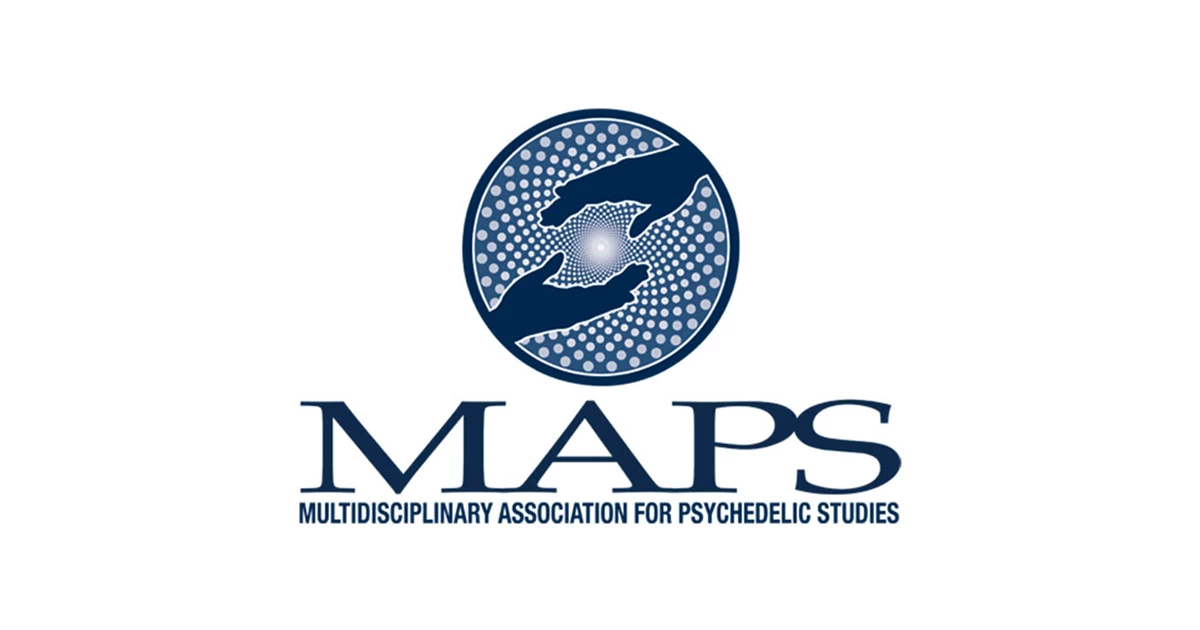The last decade has been inarguably incredible for the field of psychedelic science. The term renaissance is hyperbolically thrown around a lot these days but in this context it is perfectly apt. Moving from the fringes of the research world and shaking off years of baggage from illicit recreational circles, scientists have made startling progress in legitimizing the medical potential of these drugs.
With both MDMA and psilocybin on the precipice of approvals as mainstream medicines, and several leading universities opening dedicated psychedelic research facilities, the story of the last 10 years has been one of profound breakthroughs. So, as we stand on the precipice of a new decade, it's worth pausing for a moment and looking forward to investigate what the 2020s may hold in this rapidly accelerating field.
New Atlas spoke to several leading psychedelic researchers to get their thoughts on three big future-forward questions. Where will psychedelic science be in 2030, what is the biggest hurdle psychedelic researchers will face in the 2020s, and what is the most interesting psychedelic research topic that has yet to be fully explored?
Multidisciplinary Association for Psychedelic Studies (MAPS)

Founded by Rick Doblin in 1986, MAPS ostensibly began as a response to the DEA criminalizing MDMA, a drug Doblin viewed as holding remarkable potential as an aid to psychotherapy. For the next 30+ years MAPS has been at the forefront of the movement to legitimize psychedelic research and science.
With MAPS on the verge of culminating decades of work with an FDA approval for MDMA as a PTSD treatment the organization’s Director of Strategic Communication Brad Burge offers us an exciting insight into what the next 10 years hold for the field of psychedelic science.
The next 10 years?
Within 10 years we are likely to have multiple psychedelic-assisted therapies approved in the US, Europe, and in many countries around the world for the treatment of various mental health conditions. As new success stories from treatment with psychedelic therapy continue to emerge, and new scientific evidence continues to be collected from ongoing clinical trials and neuropsychopharmacology research, many more patients will be asking for these treatments. We’ll see multiple forms of treatment centers emerge, including psychiatric hospitals as well as privately owned clinics and independent practitioners. Psychedelic therapy is on track to be the next major breakthrough in mental health care.
The most interesting “yet to be answered” research question?
MAPS is now in the planning phase for Phase 2 clinical trials of ibogaine-assisted therapy for the treatment of opioid addiction. Like PTSD, opioid addiction is a national and global epidemic, and I’m excited that our next major focus will be on developing a way of treating it that doesn’t rely on addiction replacement therapy. It’s also inspiring to me that pharmaceutical clinical trials for ibogaine-assisted therapy could help address an epidemic caused in large part by the for-profit pharmaceutical industry.
The biggest challenge still facing the psychedelic science community?
Once MDMA-assisted psychotherapy is approved for the treatment of PTSD, the key challenge will be getting it to the patients who need it. MAPS has already begun to undertake the massive project of certifying hundreds, and eventually thousands and tens of thousands, of therapeutic practitioners in the practice of MDMA-assisted psychotherapy. As increasing numbers of clinicians start delivering the treatment, ensuring adequate training in therapeutic principles, ethics, and other vital aspects of delivering MDMA-assisted psychotherapy will be crucial.
Another challenge moving forward is accessibility, including insurance coverage. This is especially a challenge because insurance companies tend to resist paying for psychotherapy. Psychedelic-assisted therapy is a new form of psychotherapy that uses a psychedelic drug to enhance its effects. As such, educating insurance providers and health policy regulators about psychedelic-assisted therapy is vital for ensuring as wide accessibility as possible for patients seeking treatment with government-approved psychedelic therapies
Dr Ben Sessa

After training as an adolescent and child psychiatrist, Ben Sessa became a key figure in the psychedelic science renaissance over the past 20 years in the United Kingdom. He has played a major role in the progression of MDMA-assisted psychotherapy research, penned dozens of journal articles discussing the integration of psychiatry and psychedelics, and co-founded Breaking Convention – one of the world’s largest academic conferences for psychedelic medicine.
The next 10 years?
Plans are underway (by MAPS and Compass Pathways, respectively) to see MDMA and psilocybin approved as licensed medicines in the US (under FDA) ... by late 2022 – possibly sooner. So by 2030 these will be well-established medicines being prescribed by UK doctors as part of approved therapy schemes. I also expect these medicines to be free on the NHS by 2030, if not earlier.
The most interesting “yet to be answered” research question?
Using cannabis medicine and psychedelic-assisted therapies to dismantle the old-fashioned (and erroneous) system of psychiatric categorical diagnoses. We will hopefully see the end of long-term daily maintenance medications with SSRI (Selective Serotonin Reuptake Inhibitor) and instead see patients formulating their own bespoke, individualized care plans according to their unique profile of psychosocial functioning and feelings.
The biggest challenge still facing the psychedelic science community?
The biggest challenge has always been – and will always be – money. Ninety-nine percent of human psychopharmacology research comes from the Pharma industry, who have trillions of pounds to spend on researching new treatments. All psychedelic research has come from charitable donations and philanthropy. We are starting to see investors getting involved, which [in my opinion] is a good thing, as this will help overcome the financial barriers that have held back psychedelic research for so long up till now.
Dr. Natalie Gukasyan

Natalie Gukasyan is a psychiatrist and research fellow at Johns Hopkins University. Her work is conducted at Johns Hopkins' Center for Psychedelic and Consciousness Research, and she focuses on psilocybin-assisted psychotherapy for mood, addictive, and eating disorders. Her latest project involves a landmark clinical trial exploring the safety and efficacy of psilocybin in persons with chronic anorexia nervosa.
The next 10 years?
If we are able to demonstrate efficacy and safety in large phase 2 and 3 studies, this could lead to compounds like MDMA and psilocybin being rescheduled and approved for clinical use. Ten years from now we may see the proliferation of specialized clinics and perhaps later, integration of specialized services into existing healthcare infrastructure. Wider use would allow us to get more clinical data and get a better understanding of how to mitigate risks and maximize benefits based on individual characteristics and circumstances.
The most interesting “yet to be answered” research question?
There are many clinically salient questions that are unanswered – e.g. efficacy and safety of microdosing, or using other psychedelic compounds with shorter duration of action like 5-MeO-DMT. There are also more practical pharmacologic questions – how long does someone using SSRI’s really need to be off of those medications before taking a drug like psilocybin?
The biggest challenge still facing the psychedelic science community?
Phase 2 and 3 studies will require massive amounts of effort and money, but this would be a necessary step in getting these drugs rescheduled and available for clinical use. Ultimately, however, rescheduling is a legislative issue and can depend on political factors. Once that hurdle is cleared, scaling the treatment and making it affordable and accessible will also be a huge challenge. We will likely have to explore alternative models of delivering care that are different from the usual model presented in clinical trials.






